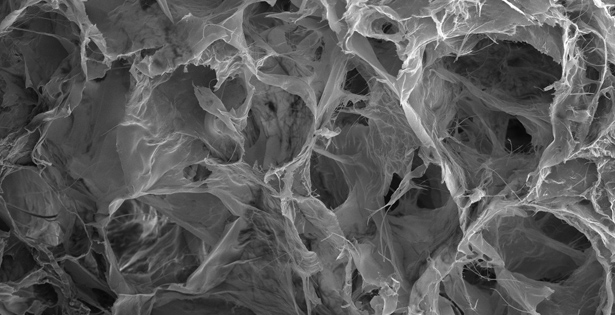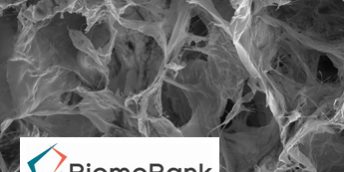Hydrogel-based perfusion bioreactor to engineer stable gut microbial composition


Industry partner
BioMeBank

Research organisation
RMIT University

Manufacturing investment
$613,638
($99,317 IMCRC)
for 2021-22
Artificial super stool to treat gut infections
Challenge
Chronic gut diseases are commonly treated by Faecal Microbial Transplantation (FMT) which involves collecting faeces from a heathy individual and transplanting it into the bowel of a patient. Considering, for instance, just the different gut bacteria profiles of human donors, makes harvesting FMT material time-consuming, expensive and difficult to scale-up for widespread clinical use.
Proposed Solution
BiomeBank has partnered with RMIT University to develop a new bioreactor technology that would allow the manufacture of a standardised microbial therapy or synthetic FMT.
Over the next year, RMIT researchers will set up and optimise a cellulose hydrogel-based bioreactor that mimics the human gut. The bioreactor will be seeded with stool from a healthy donor and fed prebiotic fibres to produce an engineered stool with the gut microbial composition comparable to that of healthy “super donor”. The successful development of the bioreactor will provide significant advantages to the cost and scale of FMT as microbial products could be standardised and manufactured on industrial scale thereby facilitating export worldwide.
